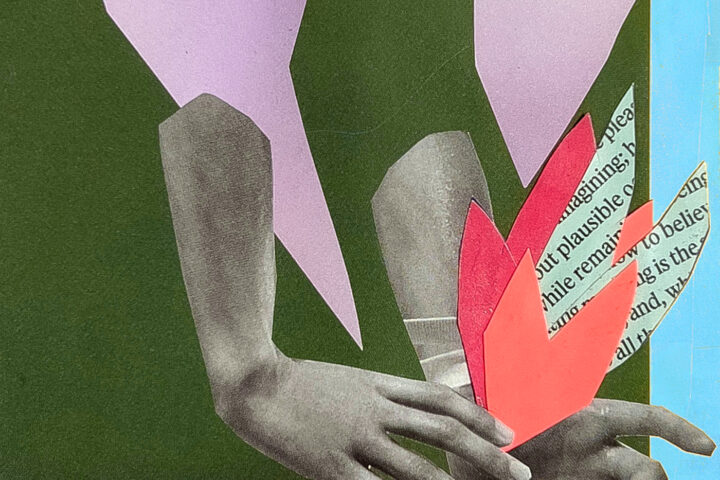Where to Watch: Showtime
First Air: 4.17.2022
Rating: TV-MA
The First Lady is a vibrant, colorful drama showcasing the lives of three remarkable First Ladies of the United States. Through this embellished take on the lives of America’s most well-known women, a more intimate picture of their characters is painted. Although some moments in this show may be fictitious, The First Lady nevertheless paints an unprecedentedly intimate picture of life as one of the country’s most powerful women.
The season follows Eleanor Roosevelt, Betty Ford, and Michelle Obama, women who had a great deal in common besides simply being First Lady. They were passionate, independent thinkers who each struggled to overcome issues in their marriages.
At first, Eleanor Roosevelt, portrayed by Gillian Anderson, seems snobbish. But when she learns her husband, President Franklin Delano Roosevelt, is having an affair, her emotional depth shines through. As Eleanor grieves her broken heart, she becomes a more complex character, emotionally and politically. She throws herself into her work by supporting and advocating for women’s right to vote. Meanwhile, she continues to support her husband in his political endeavors and eventual election to the presidency.
Though Eleanor feels betrayed by Franklin, she stays by his side in his hardest moments and continues to support him. Eleanor fervently advocates for women’s equal rights throughout the series, and encourages women to exercise their right to vote. Stressing the importance of voting for what they believe and not simply voting for their husband’s favored candidate, Eleanor empowers women and their role in civics.
Betty Ford, played by Michelle Pfeiffer, is a forward thinking woman. A renowned dancer, Ford has artistic ambitions that she must suppress due to her status as a mother and wife. Often wondering what her life could have been like if she remained a dancer, Betty is haunted by “what ifs.” This nagging voice eventually leads to a pivotal point in her life when she realizes that, though she left her dancing behind, she loves her family and is content taking care of them. Outside of the home, Betty plays a pivotal role on the campaign trail, often catering to female voters with her relatable personality and graceful speeches.
Michelle Obama, played by Viola Davis, steps into the political arena to advocate against gun violence. Like Roosevelt and Ford, Obama specifically encouraged Americans to use the power of their vote to elect politicians who would make their lives better.
In episode three, we flash back to the life of Eleanor, Betty, and Michelle as young women and see how they each met their future husbands. The episode is not only romantic, but it additionally shows a side to these women that reveals their brokenness and internal struggles. We see them face self doubt, loneliness, and a lack of confidence that abruptly ends when each First Lady meets her future husband and finds a confidant. Episode three contrasts the vulnerabilities of each future First Lady while also showing the strength and happiness they find in marriage.
Episode four is a sudden shift to their adult life with children. With their husbands often away pursuing political careers, these women have to find ways to care for their growing families while still nurturing their own interests. Seeing the First Ladies face loneliness after complete bliss in episode three is a bit jarring.
The First Lady is a show about politics and history, but i see it as is a testament to the true beauty of marriage. In this depiction of these women’s lives, marriage provided them with the support they needed to thrive and endure the sometimes harsh circumstances thrown at them. By having a partner to walk through life with, each first lady was empowered. In my own experience, many of my peers see marriage as a restriction or an ending, when in fact it can be the beginning of a new life with one’s best friend.
Mainstream media often conveys the message to young women that they do not need marriage–they’re better off working alone. This may be true for some people, but it strikes me as a terribly misguided blanket statement to lay over a whole generation. Great presidents of the past often relied on their wives for support, and this show reveals how first ladies needed the love from their husbands to achieve the incredible things they did. Though all the women in this show experienced challenges in their marriages as their husbands’ careers evolved, they emerged from each hard time with a newfound respect for each other.
The show also focuses on the relationships of people working within politics and how these relationships contribute to politicians’ beliefs and choices. Whether the relationship be with spouses, friends, children, peers, or even secretaries, the relationships between First Ladies and others are extremely informative. While news reports and history books usually just note politicians’ decisions, The First Lady shows how the people in their lives influence those decisions.
Overall I greatly enjoyed the show, but all three of the timelines together in each episode makes for choppy viewing. To understand flashbacks and scenes that are switching between time periods rapidly, one must pay close attention. I would highly recommend this series, but would encourage viewers to keep in mind that some content is embellished and not historically accurate.
All three actresses performed remarkably in their respective roles. In the future, I would like to see additional seasons focused on other noteworthy first ladies like Martha Jefferson, Mary Lincoln, or Jacqueline Kennedy.




